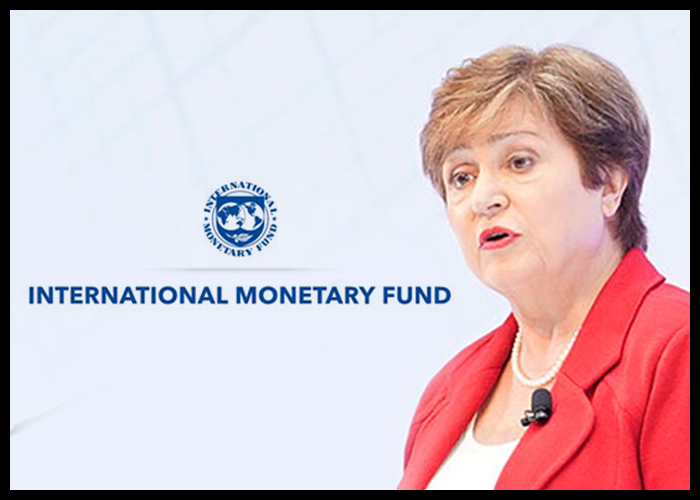Global economy is set for a fragile and shallow recovery and the coronavirus outbreak in China is posing a new threat to the outlook, the International Monetary Fund said Wednesday.
“Global growth appears to be bottoming out, but the projected recovery is fragile,” the lender said in a surveillance note for the G20 finance ministers and central bank governors meeting to be held in the Saudi Arabian capital of Riyadh on February 22-23.
“The projected recovery is expected to be shallow and subject to downside risks,” the note said.
Elsewhere on Wednesday, the IMF Managing Director Kristalina Georgieva said in a blog, “The global economy is far from solid ground…The truth is that uncertainty is becoming the new normal.”
The IMF chief stressed on the risks from climate crisis. She said investments in clean energy and resilient infrastructure can yield “a triple dividend”, which is averting future losses, delivering innovation gains, and creating new opportunities for those most in need.
A typical climate-related natural disaster can reduce growth by an average of 0.4 percentage points in the affected country in the year of the event, IMF staff estimates released on Wednesday showed.
In the January update to the World Economic Outlook, the IMF projected global growth to improve to 3.3 percent this year from 2.9 percent last year.
Reduced policy uncertainty and fading effects of country- and sector-specific shocks are expected to benefit the expected pick up in growth.
However, negative risks continue to dominate as new threats have emerged, the IMF said. “The recovery could be derailed by a sharp rise in risk premia, triggered for example by a re-escalation of trade tensions, or a further spread of the coronavirus,” the lender said.
Regarding the threat posed by the coronavirus outbreak, the IMF said “the current scenario assumes that the spread of the virus will be contained quickly, with a bounce-back later in the year as pent-up demand spurs economic activity, the impact could be larger and longer lasting.”
In such a scenario, the Chinese economy is expected to bounce back after a slump in GDP growth in the first quarter.
“A wider and more protracted outbreak or lingering uncertainty about contagion could intensify supply chain disruptions and depress confidence more persistently, making the global impact more severe,” the IMF warned.
The IMF also pointed out that the monetary policy space to respond to shocks is increasingly constrained, and there are differences in the fiscal space at the disposal of different countries.
For comments and feedback contact: editorial@rttnews.com
Forex News

